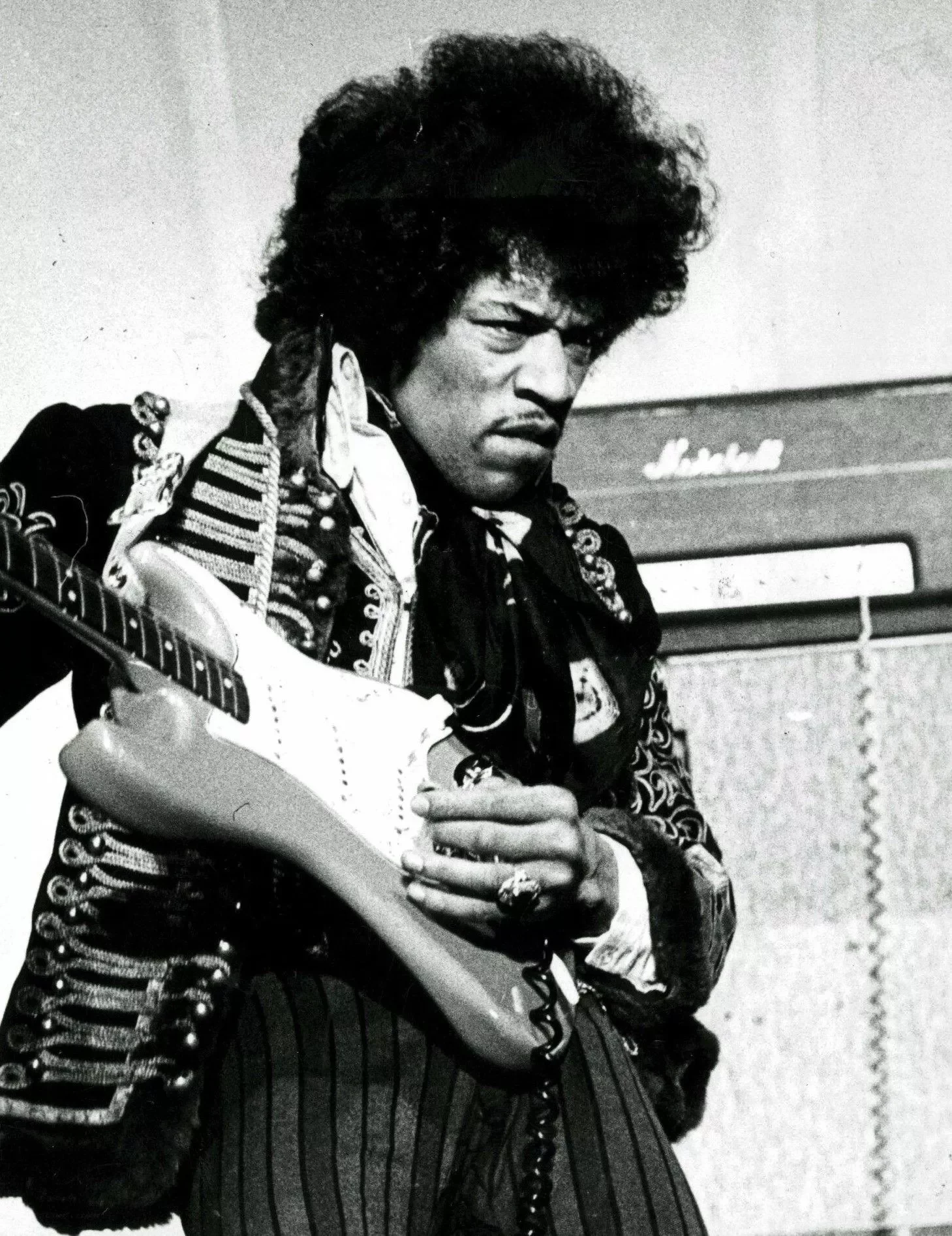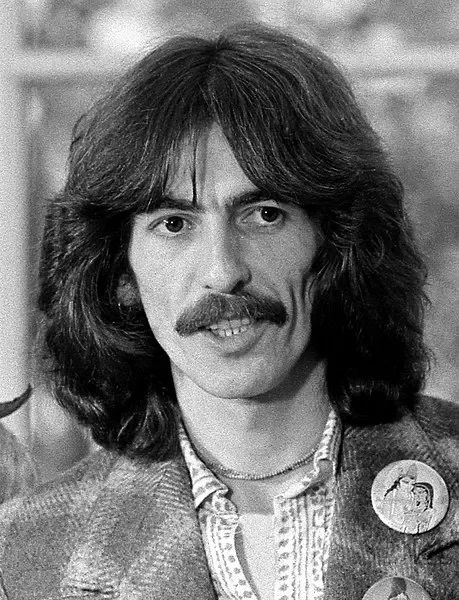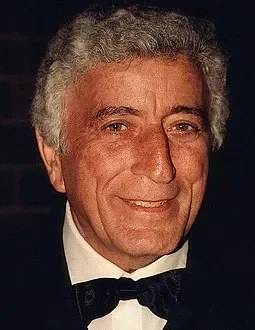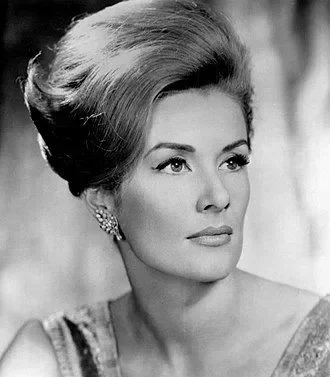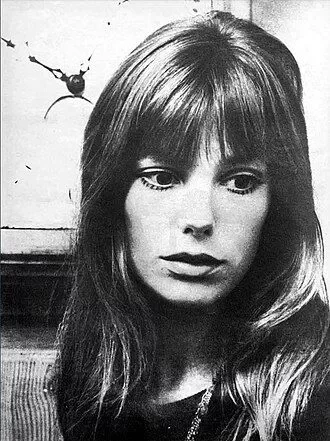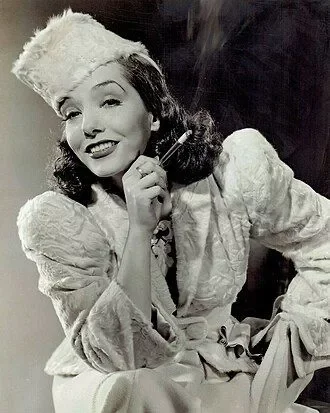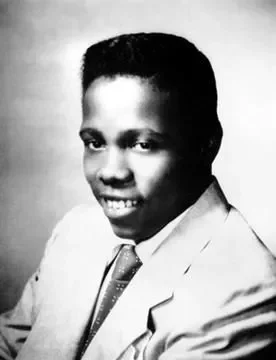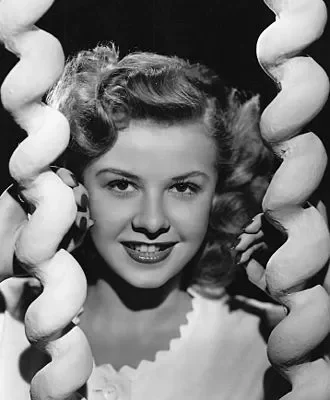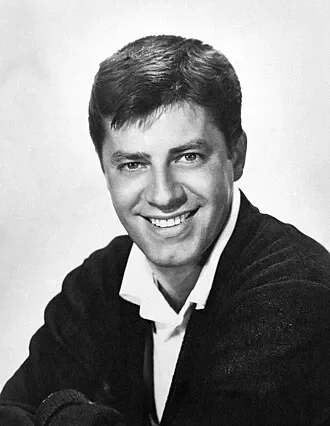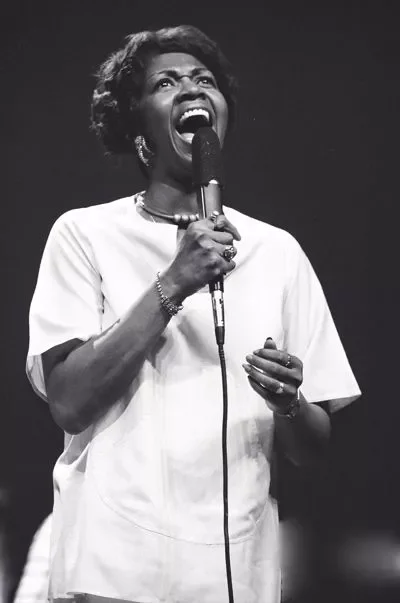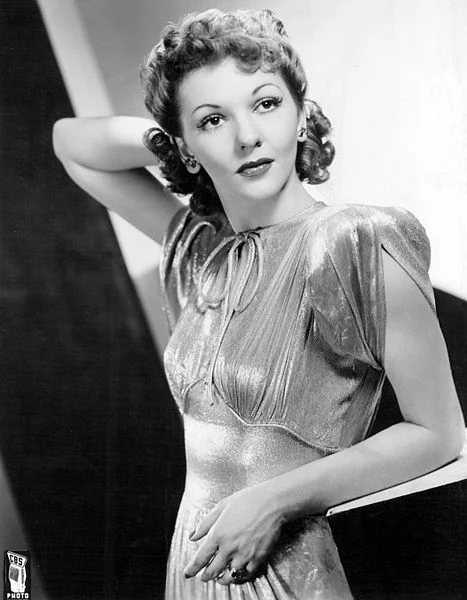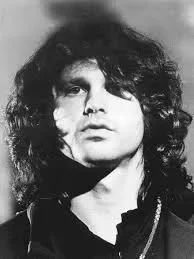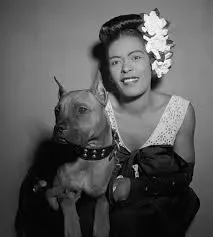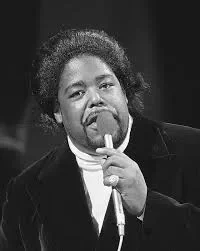Real Celebrities Never Die!
OR
Search For Past Celebrities Whose Birthday You Share
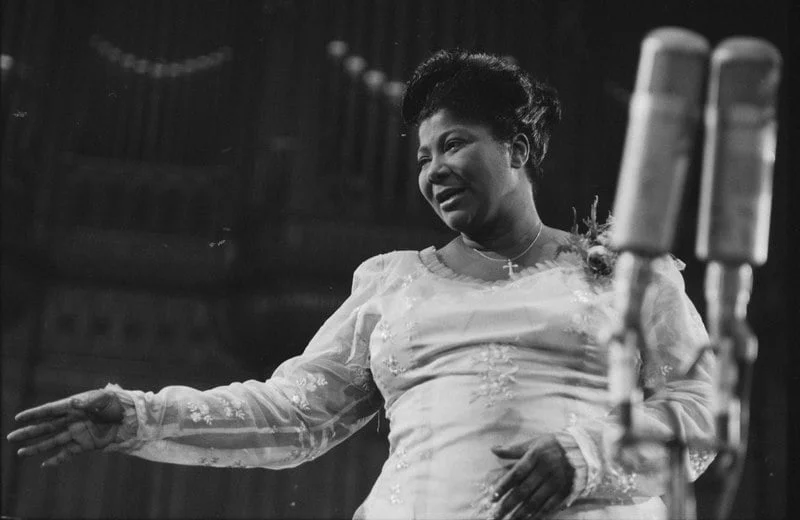
source:wikipedia.org
Mahalia Jackson
Birthday:
26 Oct, 1911
Date of Death:
27 Jan, 1972
Cause of death:
Heart disease
Nationality:
American
Famous As:
Singer
Age at the time of death:
60
Mahalia Jackson's Quote's
Introduction to Mahalia Jackson
Mahalia Jackson was an American Gospel singer who is one of the most influential gospel vocalists of the 20th century, known for her powerful and soulful voice. She was a significant figure in both gospel music and the civil rights movement. Born on October 26, 1911, in New Orleans, Louisiana, USA, she was brought up in a poverty-stricken but devoutly religious family. Her father, Johnny Jackson, was a barber and her mother, Charity Clark, was a stevedore.
Early Life and Influences
Mahalia developed her love for gospel music at the early age of four by singing in the church choir, where she gained recognition for her strong voice. Sadly, her mother passed away when she was just five years old, leaving Mahalia and her siblings orphaned. She and her siblings were sent to live with her aunt, Mahalia “Duke” Paul, in Chicago. During her childhood, Mahalia joined the junior choir group at her church when she was 12. In New Orleans, she fell in love with blues singers like Bessie Smith, Mamie Smith, and Ma Rainey.
Move to Chicago and Musical Development
At 14, Mahalia Jackson moved in with her other two aunts, Hannah and Alice, in Chicago. After moving to Chicago, she continued to sing in the choir of the Greater Salem Baptist Church and gained experience performing gospel music. She was also taught how to sing slower songs by her mentor, Thomas A. Dorsey, with whom she collaborated by singing Dorsey’s songs on Chicago streets to sell sheet music. She also worked factory jobs while singing with the Johnson Singers in larger churches.
Breakthrough in Recording
In 1937, she recorded songs for Decca Records, but the sales were not very successful. In 1938, the Johnston Singers disbanded. Jackson’s life took a drastic turn when she signed a four-record session with Apollo Records in 1946. Her song “Move On Up a Little Higher,” released in 1947, became a massive hit, selling millions of copies. The song was on the Billboard charts for two weeks, which was a noteworthy achievement for gospel music. Her releases with Apollo, including “Even Me,” “Dig a Little Deeper,” and “I Can Put My Trust in Jesus,” were also sold exceptionally well. Her vocal talent earned her the position of soloist at the National Baptist Convention. In 1948, she received an opportunity to perform at Carnegie Hall, making history as the first Gospel singer to perform at the venue.
Awards and Television Appearances
Mahalia Jackson was awarded the Grand Prix du Disque from the Académie Charles Cros, becoming the first gospel singer to receive this award. She made her first television appearance on Ed Sullivan’s “Toast of the Town” in 1952, which expanded her audience. After her four-year contract, she became the first gospel singer to sign a record with Columbia Records. She produced many singles like “Rusty Old Halo” and “I See God” during her time at Columbia Records. Jackson also ventured into acting, landing roles in movies like “St. Louis Blues” and as a funeral singer in “Imitation of Life.”
Involvement in the Civil Rights Movement
Mahalia Jackson actively promoted racial integration and took part in the civil rights movement after facing threats and violence. She is closely associated with leaders like Martin Luther King Jr. and Ralph Abernathy. Jackson used her voice and music during the movement to raise funds. She played a notable role at the March on Washington for Jobs and Freedom in 1963, where she performed gospel songs that became emblematic in the civil rights movement.
Legacy and Death
On January 27, 1972, at the age of 60, Mahalia Jackson passed away while recovering from surgery to remove a bowel obstruction. Her death came as a shock to her fans. Jackson made a significant impact on gospel music throughout her life, and her legacy continues to live on through her songs, which are still cherished by her fans.
Name:
Mahalia Jackson
Popular Name:
Mahalia Jackson
Gender:
Female
Cause of Death:
Heart disease
Spouse:
Place of Birth:
New Orleans, Louisiana, U.S
Place of Death:
Evergreen Park, Illinois, U.S.
Occupation / Profession:
Personality Type
Campaigner: Enthusiastic, creative and sociable free spirits, who can always find a reason to smile. She was both highly creative and had a natural ability to connect with others.
Mahalia Jackson’s powerful and unique voice is considered one of the greatest in the history of music.
Mahalia Jackson started singing at the young age of four.
Mahalia Jackson used her voice and platform to support the civil rights movement.
Awarded the Order of Lincoln, by Governor of Illinois
Inducted as a Laureate of The Lincoln Academy of Illinois.
Rock and Roll Hall of Fame, Inducted as an “Early Influence”
She is the first gospel music artist to win the prestigious Grammy Award.
U.S. Postal Service issued Mahalia Jackson commemorative postage stamp

